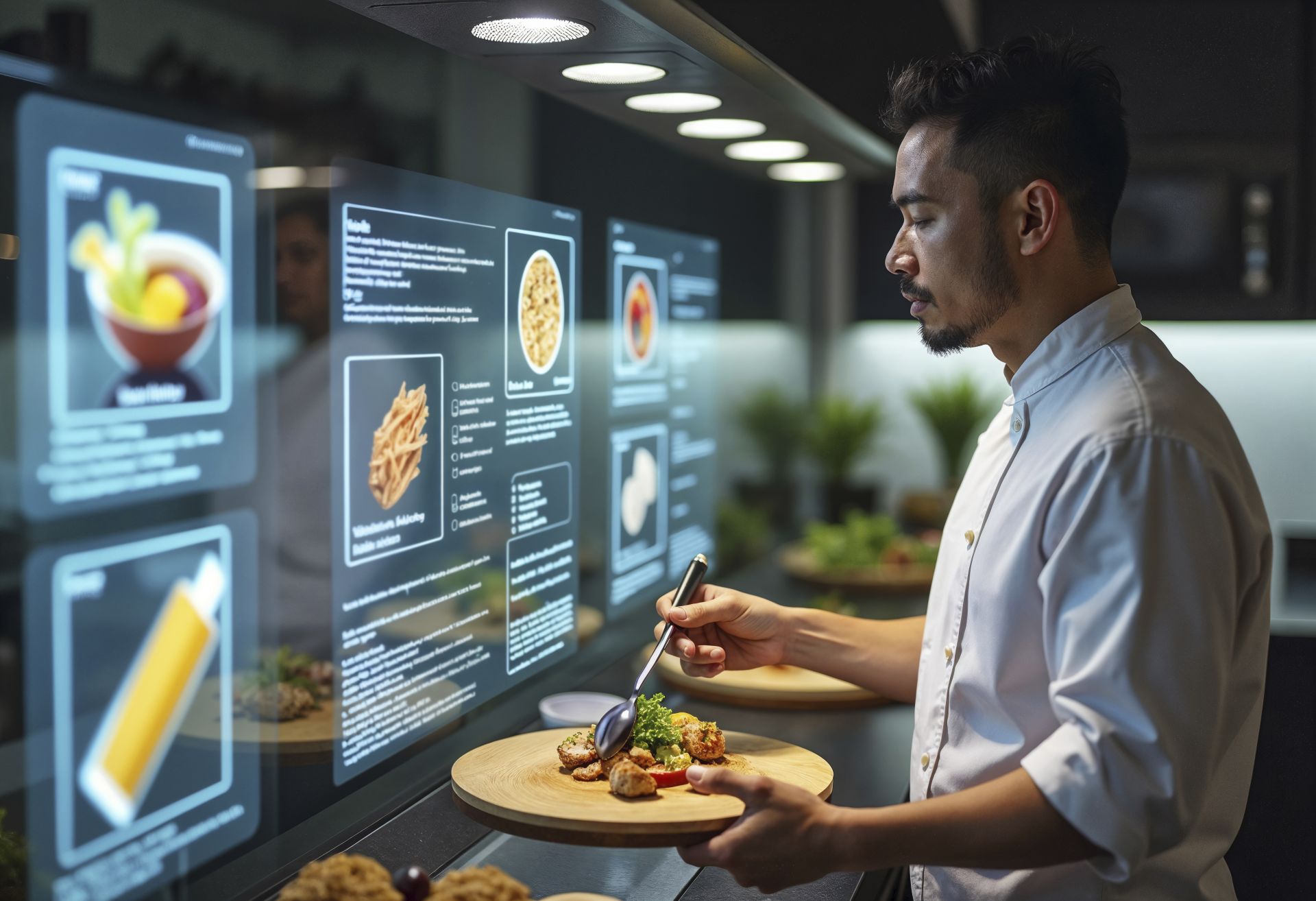What makes one cheese more satisfying than another? Why does a certain sauce hit just the right notes of tangy, sweet, and savory? While taste has always been considered subjective, artificial intelligence (AI) is now helping us understand it in a more scientific — and surprisingly accurate — way.
How Does AI Taste Food?

Real-World Example: Cheese and Meat
Designing Better Sauces and Snacks
Why It Matters
Final Thoughts
Latest from our blog
Contact Us
admin@thefoodcourtdsg.com
-
Get in Touch
-
5065 Deer Valley Rd, Ste 114 Antioch, California 94531
-
(925) 237-9095
admin@thefoodcourtdsg.com
-
Quick links
-
Home
-
About Us
-
Affiliate Program
-
Blog
-
Podcast
-
Top Courses
-
Elevating Food Safety Standards Globally

